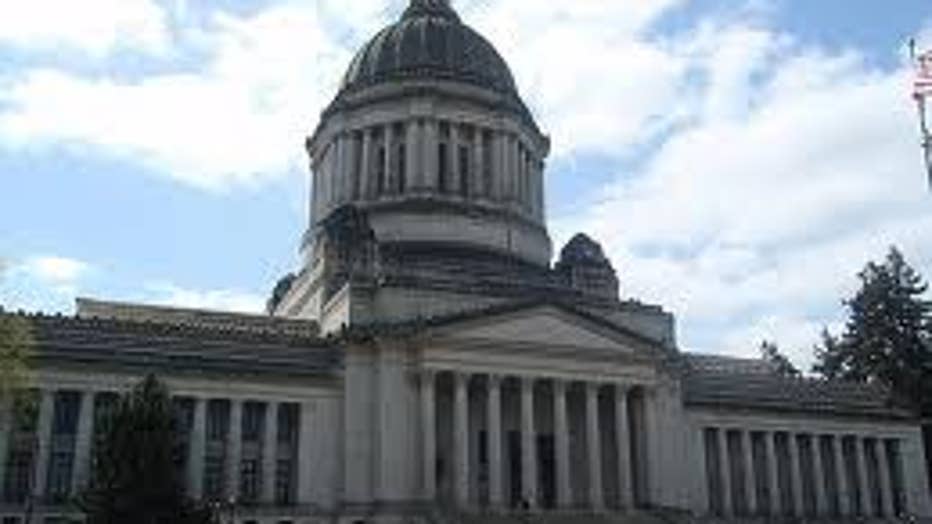State Senate rejects effort to seek sub-minimum 'training' wage
OLYMPIA -- Washington state has the highest minimum wage in the country at over $9 an hour. Some argue that is holding the state back from chipping away at its nearly 8% unemployment level. Some state lawmakers argue it’s time to lower the hourly rate for new workers to generate jobs.
One proposal that raised a lot of controversy this session in Olympia is the concept of a “training wage.” It would equal 75% of the state’s current minimum. So, instead of $9.19 an hour, an employer would only have to pay a new worker, a worker in training, only $6.89.
“We have a real crisis in our young workers,” said Sen. John Braun, R-Chehalis. “We need to start working on solutions.”

Braun argues that a training wage will help reduce the state’s high unemployment rate, especially for those under 25. “We’re trying to offer opportunities for employers to hire more folks,” he said.
Braun wants a “training wage” for companies with fewer than 50 employees. The reduced pay for new workers would be limited to just over four months while that person learns the job.
“It gives me more incentive to hire someone who doesn’t come with the jobs skills, or the life skills, that I would otherwise look for,” Braun said.
Opponents argue that any move to lower the state’s minimum wage would hurt existing, higher-paid employees.
“This bill attacks our state’s minimum wage,” said Sen. Steve Conway, D-Tacoma. “It’s very possible that workers who are currently fully employed could be dislocated by this type of training wage.”
The training wage idea and other measures to carve exceptions into the current $9.19 rate always raise passionate arguments on just what effect it will have on overall employment.
“The problem with a high minimum wage is it puts people out of work,” said Paul Guppy of the Washington Policy Center. “It sets that bar so high that young people, in particular, cannot get their first job.”
But labor leaders strongly disagree.
“When wages fall, we don’t see massive employment,” said Jeff Johnson, president of the Washington State Labor Council. “I mean, wages have been falling in this country for the last four years. We don’t have full employment, right?”
The training wage effort was killed on the floor in the state Senate on Thursday.
However, there is a companion House bill -- HB115 -- and, as they say in Olympia, anything could happen between now and when the session ends in April. Clearly there’s a lot of energy and passion down in Olympia about finding a way to get more people back to work in Washington.

